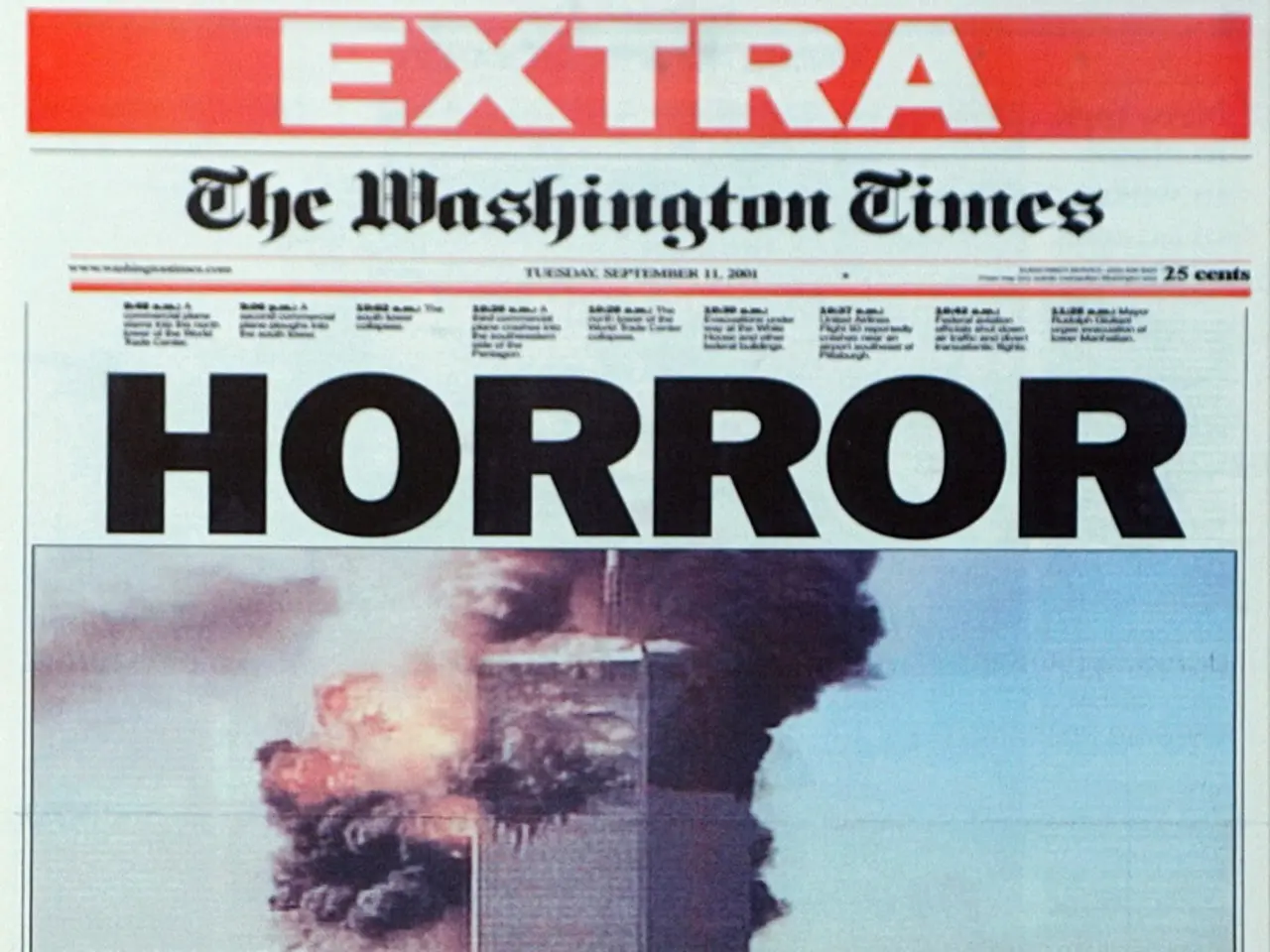Oil prices increase by 1% following Israeli aggression in Qatar
In a significant turn of events, an attack on Qatar, a major global energy exporter, has sparked widespread condemnation from various countries and international organizations. The incident, which occurred in Doha, is considered a significant event in the ongoing military campaign across the Middle East.
The de facto leader of the OPEC+ group of oil exporters, Saudi Arabia, along with Iran, the United Arab Emirates, and Turkey, have all condemned the attack. Qatar itself has labelled the attack as "cowardly" and a violation of international law. Algeria, Somalia, Pakistan, France, the United Kingdom, Germany, and Islamic countries participating in an extraordinary Arab-Islamic summit in Doha have also expressed solidarity with Qatar and condemned the attack as a violation of sovereignty and international law.
The attack on Qatar comes at a time when the oil market is already experiencing fluctuations. Prior to the attack, oil benchmarks were trading higher, supported by the latest oil output increase from OPEC+ being smaller than anticipated. The attack has further pushed prices up, with Brent crude futures rising 1.1% to $66.76 a barrel, and U.S. West Texas Intermediate crude futures climbing 1.2% to $63 a barrel.
The expectation that the U.S. Federal Reserve, which meets next week, will cut interest rates is also influencing the oil market. U.S. employment data for the 12 months through March was revised lower more sharply than expected on Tuesday, prompting traders to bet that the Federal Reserve will cut short-term rates next week and continue with more cuts this year to shore up the labor market. Lower rates reduce consumer borrowing costs and can boost economic growth and demand for oil.
Analysts, such as those at Ritterbusch and Associates, have noted these influences on the oil market. Jorge Leon, head of geopolitical analysis for Rystad, stated that the fragile negotiation track now appears to be closed, dimming prospects for a near-term resolution of the conflict. The escalation could potentially cause a response for more Arab nations to take a harder stance on Israel, according to these analysts.
The Israeli military, which has been engaged in a nearly two-year campaign in Palestine, carried out an attack on Hamas leadership in Doha, Qatar, expanding its military campaign across the Middle East. This latest attack is a significant setback to recent diplomatic initiatives to resolve the Palestinian conflict. Expectations that China will continue stockpiling oil and concerns over potential new sanctions against Russia are also contributing to the rise in oil prices.
According to local authorities, Israel's campaign in Palestine has claimed more than 64,000 lives. The ongoing conflict and its escalations continue to have far-reaching implications, not just for the region, but for the global oil market as well.








